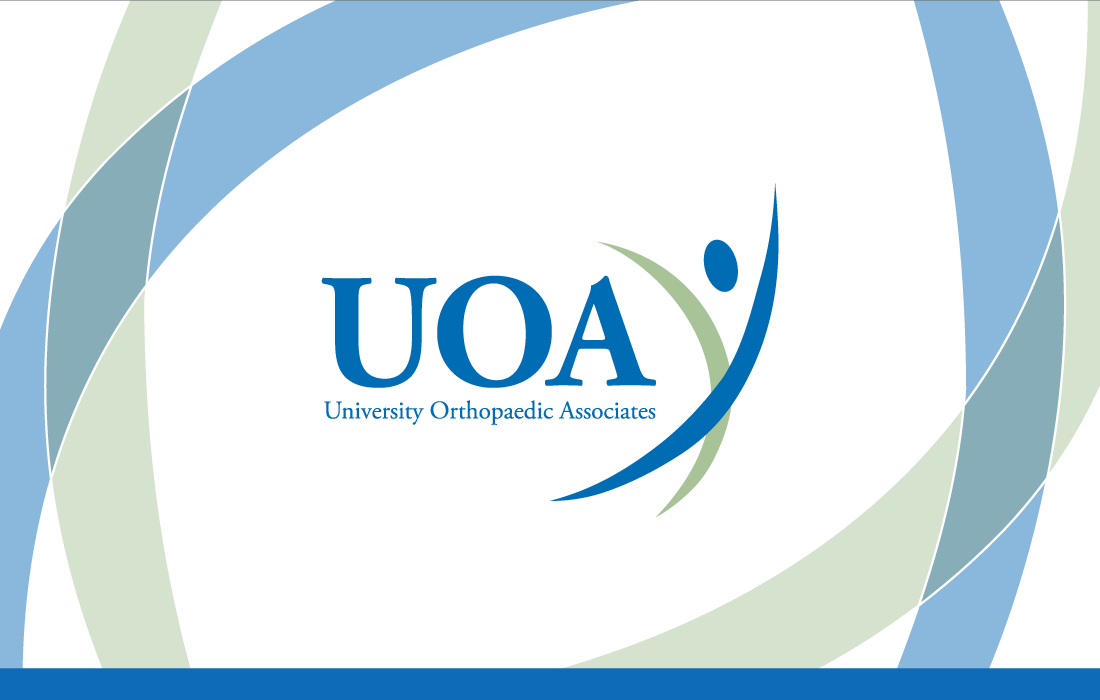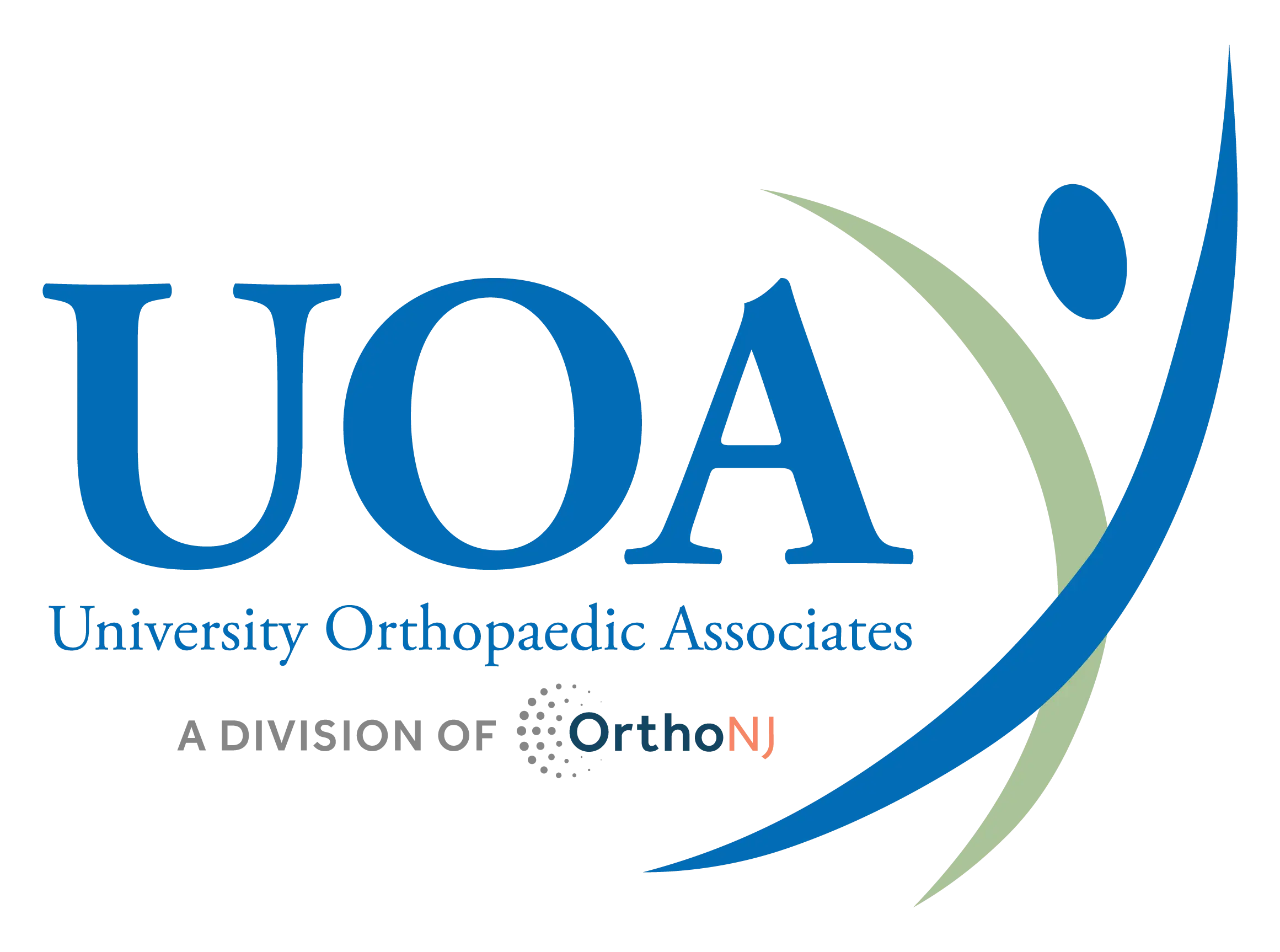University Orthopaedic Associates Adds Nerve Conduction Studies to Its Slate of Services

Nerve Conduction Study (NCS)
NCS, a diagnostic test, identifies the presence of peripheral nerve damage by assessing how well and how quickly nerves can transmit electrical signals to other parts of the body. It involves sending small electric impulses over the nerves and muscles in the affected area and then recording the response.
What conditions can be diagnosed or confirmed with a Nerve Conduction Study?
Patients suffering from nerve and muscle disorders of the hand, such as carpal tunnel syndrome and cubital tunnel syndrome, can benefit from having a nerve conduction study (NCS) done at University Orthopaedic Associates (UOA).
Carpal tunnel syndrome is a progressively painful hand and arm condition caused by compression of the median nerve in the wrist; it can result from wrist fractures and dislocations, chronic illnesses like diabetes and rheumatoid arthritis, and repetitive or prolonged flexing of the wrist.
Cubital tunnel syndrome develops from excessive pressure on the ulnar nerve in the hand, primarily due to wrist and elbow abnormalities; it manifests in the pinkie and ring fingers and the back of the hand. Common symptoms for both syndromes include numbness, tingling, burning and weakness in the hand.
How long does a Nerve Conduction Study take?
Gregory Roth, MA, OTR/L, CHT, UOA’s hand therapy specialist, conducts the studies in the practice’s New Brunswick location. The test is quick and convenient and, along with review of results, takes only about 20 minutes. UOA patients can have their NCS and results completed during a single appointment and, if necessary, arrange for treatment with a UOA specialist.

